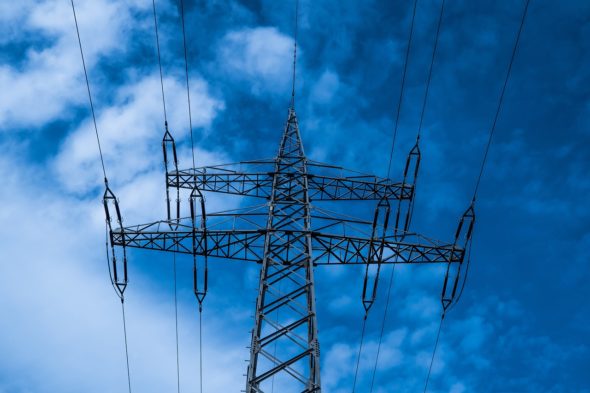„Without energy security, it is difficult to imagine an effective energy transition, but these concepts can go hand in hand. We can ensure energy security and protect the climate at the same time. The answer to these two challenges is the development of renewable energy sources and energy efficiency,” says Joanna Flisowska of Greenpeace Poland in an interview with BiznesAlert.pl.
BiznesAlert.pl: What is the importance of energy security in the era of climate change?
Joanna Flisowska: Without energy security, it is difficult to imagine an effective energy transition, but these concepts can go hand in hand. We can ensure energy security and protect the climate at the same time. The answer to these two challenges is the development of renewable energy sources and energy efficiency. We should not pit energy security and climate protection against each other, which, unfortunately, is often the case in discussions, because these are reconcilable values.
The biggest blow to the Russian economy would be Europe cutting off imports of Russian fossil fuels. How to replace them?
It is crucial that we take such a decision at the EU level as soon as possible. This decision has already been made with regard to coal imports. We must remember, however, that coal is responsible for the smallest faction of all fossil fuel imports from Russia to the EU. The key is to cut off Russian oil and gas. In this regard the decision has not been made yet. Of course, in the short term, diversification will have to play a role. What is crucial, however, is focusing on long-term solutions, that will allow us to not only become independent of Russian fossil fuels, but also break away both from this dependence as well as the import of fossil fuels as such. The way to true energy independence is the development of renewable energy sources, the development of energy efficiency, energy savings. This, on the one hand, can ensure energy security, but on the other hand, it will also enable us to effectively combat the climate crisis.
Considering the dependence on fossil fuels from Russia, was it a good idea for European countries to phase out the atom?
It should be noted that as far as nuclear power is concerned, many states import nuclear fuel from Russia as well. So here too is the problem of sending money into the pockets of Russia and Putin. The key is what we replace the nuclear power with. If we are talking about renewables or energy efficiency, it does not necessarily need to affect the import of fossil fuels. Surely the solution cannot be to increase energy production from gas and coal.
Due to the fact that the import of fuels from the East has become uncertain, Europe is starting to talk about a coal renaissance. How long can this state of affairs last?
Talking about a coal renaissance is wrong. The renaissance is about blooming and flourishing, but in this case there is absolutely no space for a new wave of coal investments in Europe. At most, we can expect that in the near future there may be some temporary slowdown in the process of moving away from coal.
However, there is no doubt that we will have to phase it out. Here, the primary objective is still energy transition, the pursuit of climate neutrality and the reliance of energy generation on renewable energy sources and energy efficiency in Europe. From the perspective of the energy transition, the temporary improvement of coal’s position will not reverse the changes that are inevitable. This can be seen in the decisions of individual countries, which, in response to the war in Ukraine, announced further goals to increase energy production from renewable energy sources. In fact, moving away from fossil fuels has only become more urgent.
What should energy cooperation between the European Union and Ukraine look like after the war?
The European Union should support the rapid reconstruction and transformation of the energy sector in Ukraine. It is very good that it was possible to quickly integrate the energy system of Ukraine with the EU’s. Now further actions will be needed, such as the expansion of cross-border connections, which should go hand in hand with support for investment in renewables in Ukraine. But it is also necessary to support Ukraine in the reconstruction of the economy in such a way as to build a new economy of Ukraine that will be consistent with the pursuit of climate neutrality of the country.
Interview by Maria Andrzejewska









